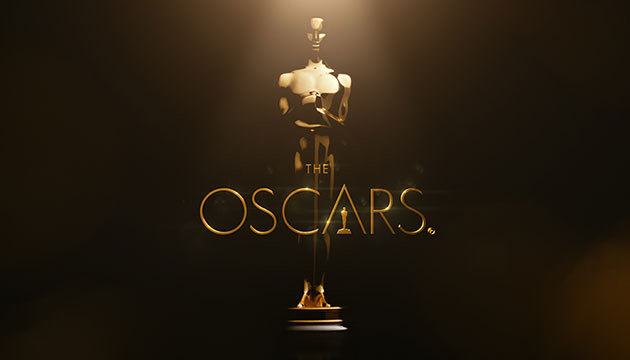I, like many others, enjoy participating in the annual magic surrounding the Oscars. From the way the California sun illuminates the red carpet to the manner in which the world of Hollywood collides into one room of raw, magnificent, and divine artistic performance, I am absolutely captured by the production. While the countercultural side of me wants to hate the Oscars for its glorification of corporate filmmaking, I can’t help but wrap myself in it all. I want to rebel, but at the same time I can’t help being mystified by the magic.
However, as I stand mystified, I also stand annoyed and frustrated. The failure to include experimental (sometimes known as artistic) film in the Oscars comes at no surprise to most experimental film experts and filmmakers. Experimental filmmaking defies conventional filmmaking techniques. Films of this nature are often defined by the lack of plot, actors, music, and other components that are frequently considered essential to Hollywood movies. They are instead defined by their experimentation with color, recycled footage, and challenging the very idea of film itself. It is for this reason that they should have a category of award completely their own.
Experimental films stand as some of the most influential films of all time. While they may not be well known to large audiences, directors like Martin Scorsese look to experimental films as one of their greatest influences. Scorsese talks about the importance of experimental film as pushing the boundaries of what film is and can be. Long before movies like Milk and Moonlight brought LGBTQ stories into the mainstream, Fireworks and Scorpio Rising looked at homosexuality as an exploration of self decades before these stories would be seen as “acceptable” in Hollywood. Experimental filmmakers were arrested and theaters were raided, but they pushed the artistic limits anyway, sharing stories that challenged conventional society.
Experimental film deserves to be praised. In my opinion, it offers the rawest version of film itself. Unlike Hollywood films, experimental film is defined solely by the work of the camera. The camera is the storyteller, the actor, and the experiment. Whether Hollywood realizes it or not, experimental film has greatly influenced each person that crossed the stage on Sunday. Every person involved with an Oscar winning film can look to experimental film as the art which first pushed conventional boundaries in order to provide a space where the story of a black, gay man could be celebrated as the Best Picture.
All types of major filmmaking are recognized at the Oscars. From documentary to short films, from foreign to animated, every genre, so to speak, receives its own recognition. But for some reason, experimental films are excluded. Experimental filmmakers may not be interested in fame or money, but they ought to be praised for the art they make.







